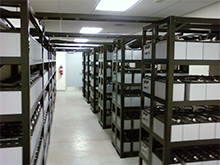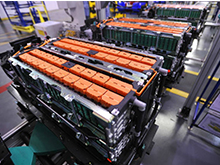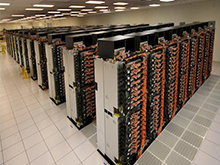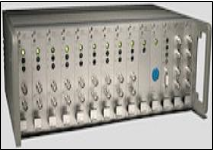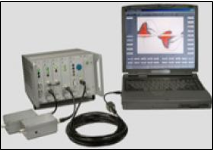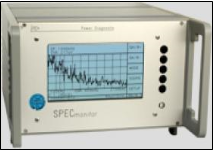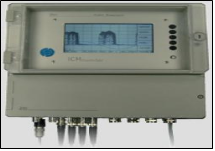Support & Services
Battery Testing
In a nutshell, battery capacity is a measure of the energy it can store. When you test for capacity, you’re looking at the battery’s ability to deliver a specified amount of current at a constant rate to a specified end voltage for a specified time. We determine capacity by filling the battery with energy and then seeing how long it takes to empty that energy.
The main benefits of testing are:
– Online testing of taking records of each cell in a battery bank in terms voltage, internal impedance, chemical properties & sulfation.
– You determine where the battery is on its predictable life curve.
– You know when to replace a battery.
– You locate weak cells and faulty inter cell connectors.
– Generate full detail report Analysis.
Partial Discharge Testing
Partial discharge, as described by IEC 60270, is “A Localized electrical discharge that only partially bridges insulation between conductors and which can or cannot after adjacent to a conductor
Break down is a total failure of insulation system while PD is a just small portion of defect in the insulation system. After long period of PD breakdown will occur and lead to disaster with energy released
PD Detection
- Optical – light detection on the surface of outdoor plant
- Acoustic (Contact and Ultrasonic)
- Ultra High frequency (UHF)(0.3-3GHz)
- Electromagnetic Pick-up (inductive and capacitive)
- Wideband (100 KHz to 200 MHz)
- Transient Earth voltage.


